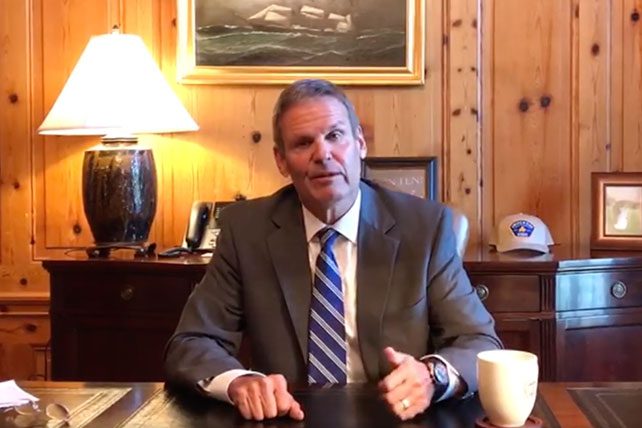A church in Jacksonville, Florida was looking for a cost-effective way to raise money for the pro-life movement. Kim Wiggins of Evangel Temple Assembly of God pitched the issue to the church’s women’s group. The solution the group came up with led to a very good time and $10,000 in donations.
“God says to open your mouth for those who have no voice. Do something. Speak for them,” Wiggins said, speaking to Stephen Strang on his podcast.
The Pro-Life Movement Fights Late-Term Abortions
Wiggins, who leads Evangel’s Central campus with her husband, Garry, helped organize the event the women’s group came up with. The church hosted a 5k race on the church grounds and encouraged runners to raise money through sponsorship. The specific goal of the fundraising race is to help end “birthday abortions.” By birthday abortions, Wiggins is referring to the late term abortion laws that have passed or been proposed in places like New York that seek to protect a doctor should an abortion up to the point of birth be deemed necessary. Wiggins said some of these bills even allow for an infant not to be helped should it survive an abortion attempt.
In order to avoid having to pay to rent public space or have police officers on duty for security, the group figured they could hold the race on their own property, which is quite expansive. Wiggins said they set up a loop of 1.03 miles around the campus and had participants run it three times. They also included pink and blue smoke for the runners to run through for a bit of excitement. Wiggins said they gave away “good prizes” because they wanted to encourage people to run and seek sponsorship from their families and friends. One lady raised $2,000 through sponsorships. Wiggins said they had 140 runners who were responsible for raising the $10,000 the race garnered.
Chick Fil A also lent their support to the run and undoubtedly helped some of the runners refuel after the race.
The group’s goal was to give as much money as possible to pro-life causes that were really making a difference. Wiggins explains their research led them to donate to the group Family Research Council (FRC) because it “is the best one fighting abortion in our country.” When you give money to FRC, Wiggins said, they send baby hats to members of Congress in Washington D.C. in an effort to show that “we believe in life and we believe that every life is valuable.”
The church gave half of the money raised through the race to FRC and the other half to local pro-life clinics in Jacksonville.
Other Pro-Life Movement Runners
Strang said he hopes others will be inspired by Evangel’s creative idea. Wouldn’t it be wonderful, Strang mused, if cities across the country started raising money for pro-life causes through races.
There is another group that is promoting the pro-life message through running. Members of Life Runners participate in races across the U.S. When they compete, members wear jerseys that say “Remember the Unborn” and Jeremiah 1:5. Life Runners “run as a prayer to defend children in the womb so that they may be born and united to our Christian community.”
Considering the growing popularity of races and the notable metaphors the Apostle Paul used to compare races to a life of faith in the Bible, these ideas seem like a great way to spread the pro-life message.
View this post on Instagram“Run so as to win.” ~ 1 Cor 9:24, #RememberTheUnborn, liferunners.org/represent












